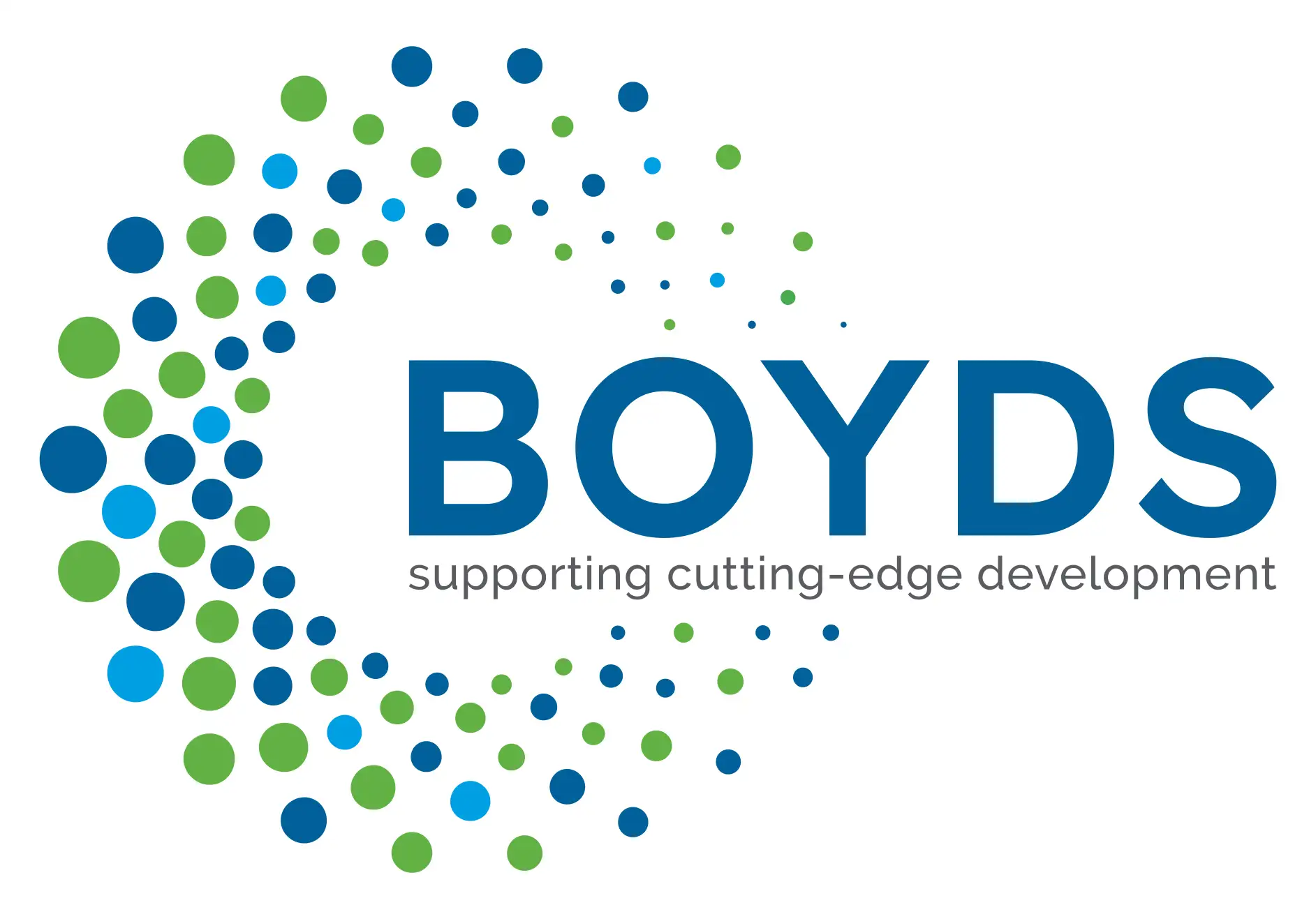
Meet the Medic Physician Expert
Dr Harriet Gray-Stephens MFPM is a Pharmaceutical Physician at Boyds. Working in the Clinical and Medical Affairs team, Harriet provides strategic support to clients on the medical aspects of pharmaceutical development, including regulatory and clinical development activities.
With over five years of experience in the industry, she is well versed in a diverse range of therapeutic areas including anaesthetics, respiratory, cardiovascular, women’s health, digital technologies, and medical devices.
Here, we discover more about her career journey, expertise, and views on the evolution of the drug development industry.
Can you provide a brief overview of your career to date?
After medical school at Oxford, I completed my foundation years at Cambridge University Hospitals, before undertaking my core training in anaesthetics and intensive care in Edinburgh. I stayed in the city and became a specialty doctor in obstetric anaesthetics, before moving into industry.
I joined a late phase CRO in 2019 that was started up in collaboration with the NHS, working across a broad range of therapeutic areas. Later, I worked at an early phase CRO before joining the Boyds team in 2022.
What inspired you to pursue a medical career?
My passion for medicine arose from a strong academic interest in science combined with an enjoyment of working together to make a difference: helping people both at an individual and a population level. I was able to combine these two interests by undertaking traditional-style medical training at the University of Oxford.
What hurdles have you had to overcome in your career and how did you learn from them?
As a medical student, I was highly focused on a hospital-based medicine career, working in a specialty such as surgery where you get to undertake a lot of practical procedures. In 2014, my father, Douglas, suffered a traumatic brain injury at home and subsequently died. I was heavily involved in providing pre-hospital care which was difficult to manage on an emotional level.
Such a life-changing event changed my career priorities. I recognised the importance of being able to provide good quality basic medical care such as airway support so went on to complete core anaesthetics training. I soon recognised that working in pharmaceutical medicine also provides amazing opportunities to affect lives and improve the quality of care for many people.
In Douglas’ memory, we set up the Cambridge Student and Community First Responders, a service that works with healthcare students to provide them with training and empower them to assist the East of England Ambulance Service in certain life-threatening emergencies.
What is your greatest achievement?
Though I am very proud of my career journey, my greatest achievement has to be my son, Douglas, who was born in January 2023.
Could you name a particularly memorable experience from your career?
There have been lots of memorable experiences and learning points, from attending major trauma calls and the highs and lows of anaesthetic practice!
A key thing that stands out for me is finding out about the Faculty of Pharmaceutical Medicine (FPM) and how it can support medics in our careers, providing a support network of like-minded individuals and learning resources, as well as pharmaceutical medicine specialty training (PMST).
PMST is a non-NHS training route for medics to complete training to become consultants and thus prove their expertise in pharmaceutical medicine, which is something I believe is really valuable.
Thinking about your role as a medic, and within the industry, what are you most passionate about?
Working in the pharmaceutical industry enables us, as medics, to use our specialist knowledge gained from years of training and working with patients to develop and better understand products. This enables us to have an impact on more patients than we would when providing care to one individual at a time.
The opportunities for incremental improvements in healthcare provision are rapidly expanding at the moment, and two areas I’m particularly excited about are personalised medicine and advanced technologies.
In my view, personalised medical treatments are key to maximising quality of life. Advances in both the treatment options available and knowledge of which treatment is best for which individual are central to this aim. I am really interested to see the use of increasingly complex algorithms including machine learning and artificial intelligence applied to this domain.
Advanced technology medicinal products (ATMPs) are increasingly being developed and licensed to include cell and gene therapies which provide additional treatment options for patients over small molecular entities and biologics to enable the treatment of a wider range of diseases or disease presentations.
How do you see the industry evolving? What are the emerging trends?
Since Brexit, the implementation of clinical trials in the EU and UK has been more time-consuming and costly, leading to a reduction in clinical trial work in the UK. However, I expect the number of clinical trials conducted in the UK to increase, particularly as the MHRA starts an overhaul of its regulations, including a new streamlined notification scheme for lowest-risk clinical trials to incentivise research in the UK.
Research is shifting away from traditional clinical trials towards real world evidence (RWE) and decentralised clinical trials. RWE provides valuable information about a drug in routine clinical practice. Researchers will be able to harness big data including electronic health records and wearables and incorporate this into advanced data management technologies including artificial intelligence and machine learning to look at disease associations and trends. I envisage more RWE studies being set up and being required as part of regulatory processes, to enable physicians to make more informed, patient centric, clinical decisions.
Decentralised clinical trials (DCTs) use additional technologies to make patient engagement in research more convenient including the use of at home visits and remote data collection. It is hoped that DCTs will increase patient diversity and retention in trials, making them more representative of real-world data. In the future, DCTs will provide valuable additional information to clinicians to assist with decision-making.








